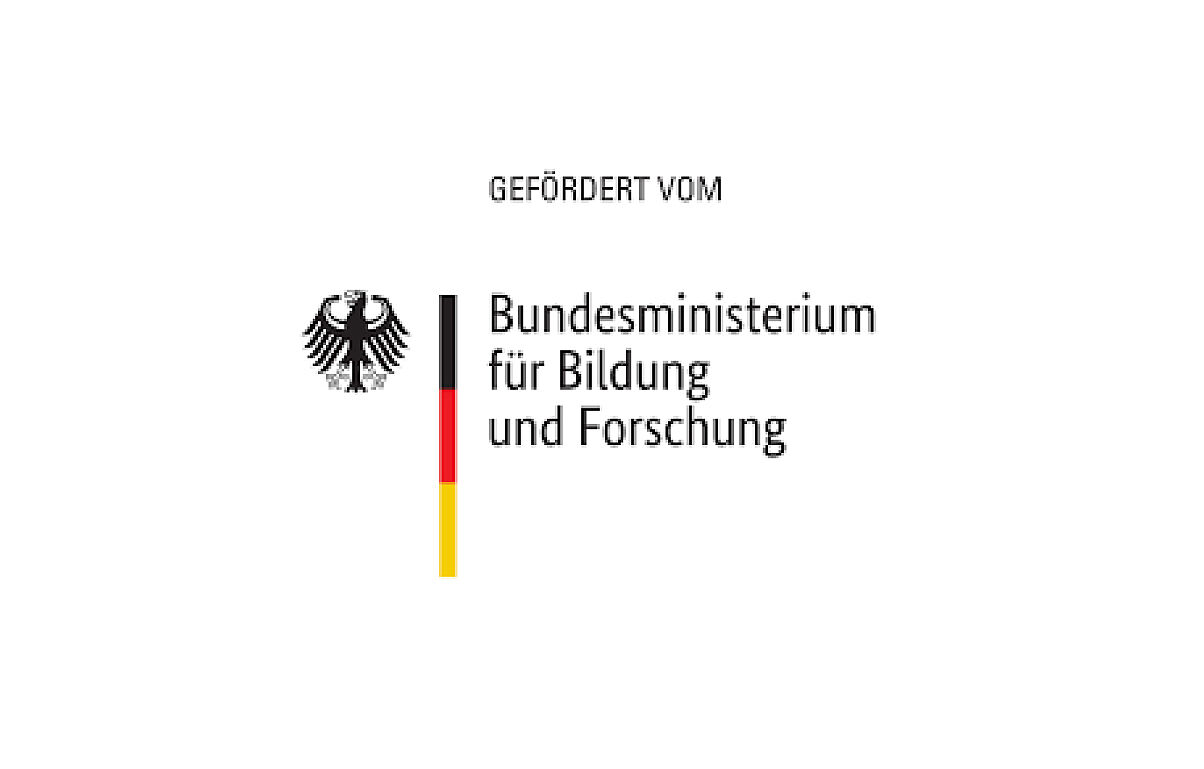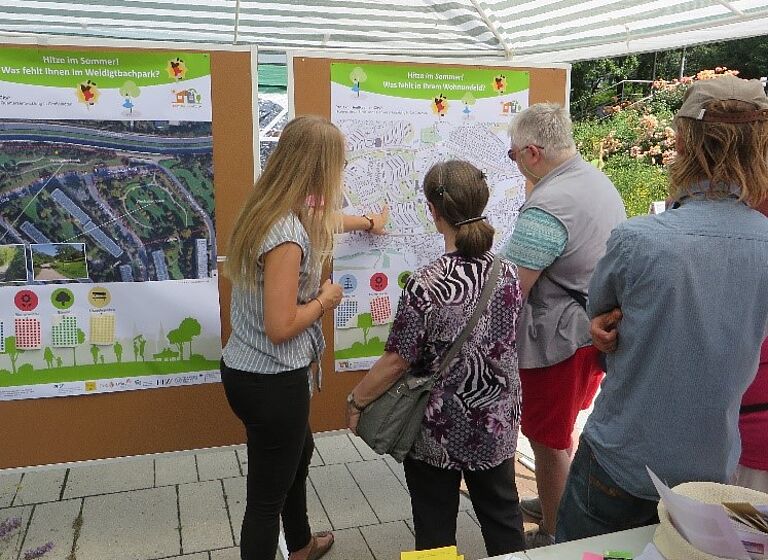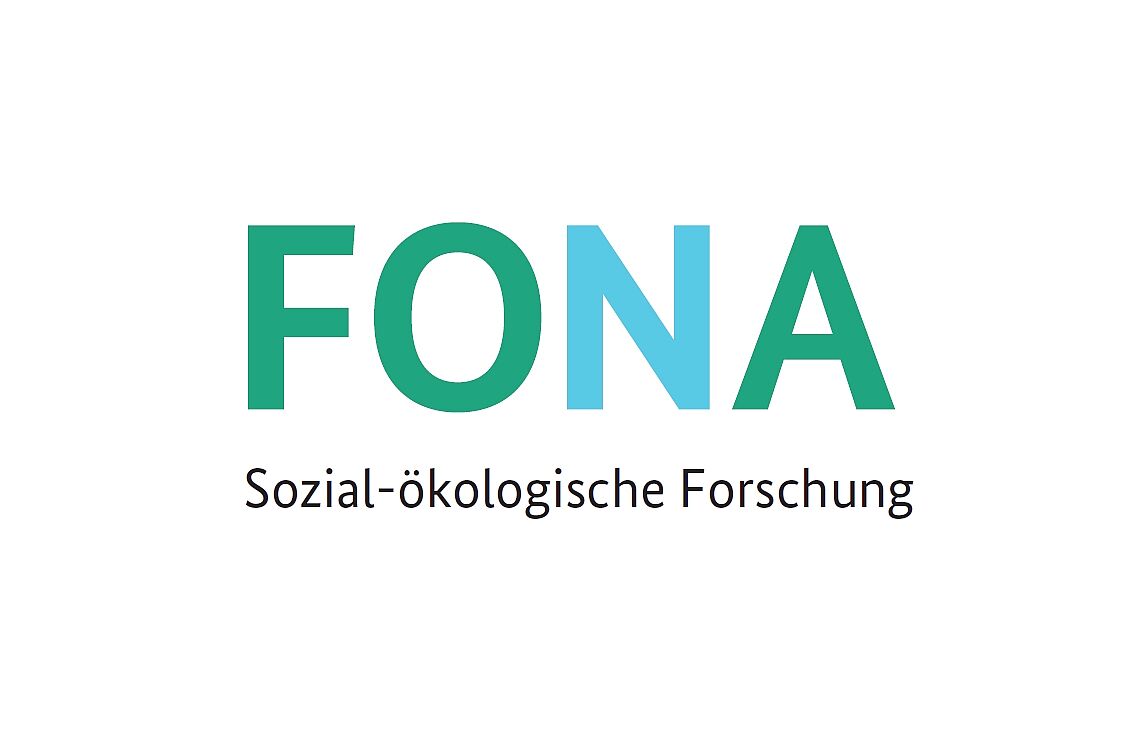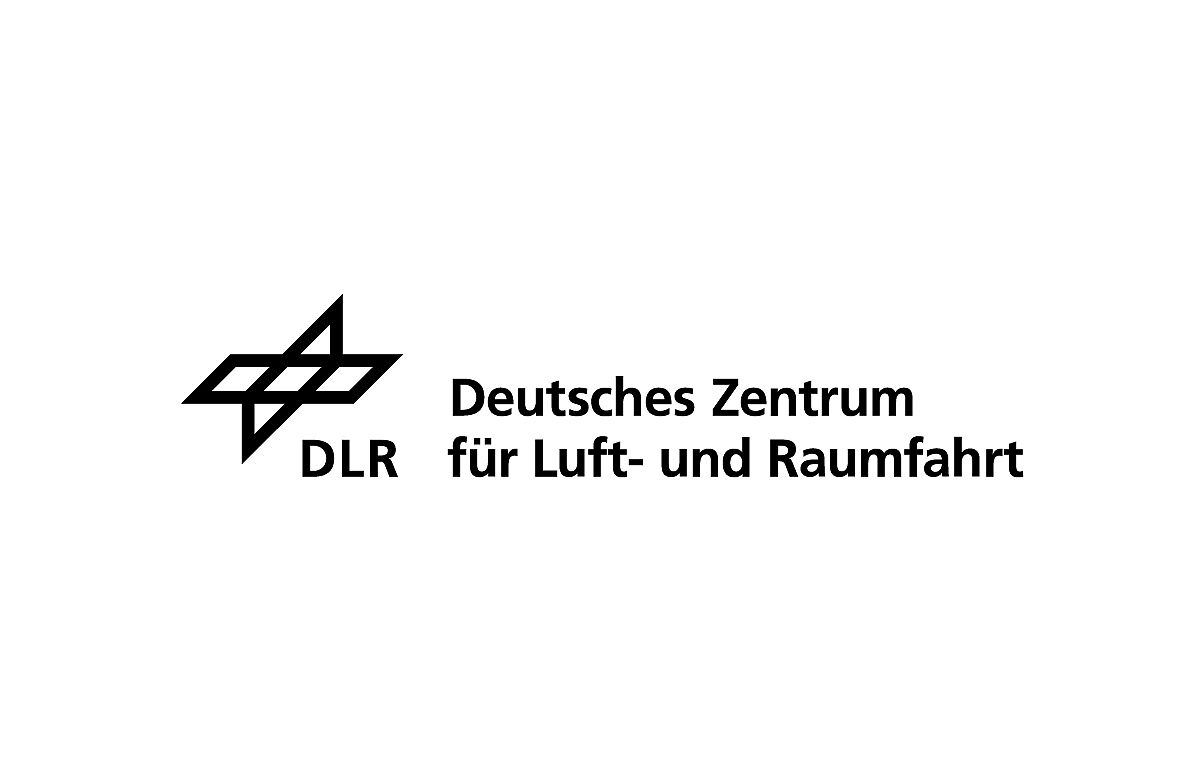![[Translate to Englisch:] [Translate to Englisch:]](/Bilder/_processed_/6/c/csm_ISP_HRC-II-Projekt_aa38f029b3.jpg)
HeatResilientCity
Heat-resilient urban and neighbourhood development in large cities - Resident-oriented knowledge generation and implementation in Dresden and Erfurt - Governance structures, stakeholder perspectives and strategies in heat-stressed neighbourhoods
Climate adaptation measures at the city and neighbourhood level
Rising heat stress is one of the most recognised and consequential effects of climate change in urban areas. Periods of heat in summer can significantly reduce both the comfort and performance of people indoors in buildings and the quality of outdoor living. The joint project HeatResilientCity aims to research and implement innovative, socially just and accepted adaptation measures to reduce thermal loads in buildings and open spaces at the neighbourhood level.
Example districts in the cities of Erfurt and Dresden serve as real-life laboratories. The perspectives of the residents and the actors from building management and urban development as well as the competencies of the scientific partners are brought together to develop the most efficient solutions.
The collaborative research project focuses in particular on the research questions of climate resilience in cities and urban districts.
HeatResilientCity
Grant provider: Third-party funded research project of the Bundesministeriums für Bildung und Forschung (BMBF)
Project sponsor: Deutsches Zentrum
für Luft- und Raumfahrt e.V. (DLR)
Duration: 10.2017 - 01.2021
About the project
There has been considerable progress in knowledge regarding regional analyses of the increase in air temperature due to climate change. In contrast, however, local heat stress and its effects on buildings, open spaces and residents as well as the effects of adaptation measures to mitigate the adverse consequences are only rudimentarily known. These gaps in knowledge relevant to implementation include, for example, the perspectives of residents as those affected by heat stress and their socio-spatial relationships.
In the example neighbourhoods in Dresden and Erfurt, the perspectives of the residents and the actors from building management and urban development as well as the competencies of the scientific partners are brought together to develop the most efficient solutions.
Climate resilience
The joint research project focuses on the research questions of climate resilience of cities and urban neighbourhoods:
1. How can the quality of life and the attractiveness of neighbourhoods be maintained and improved from the residents' perspective?
2. How can buildings be adapted in a socially just manner, if possible without increasing energy requirements?
3. How can urban open spaces be developed and preserved to efficiently exploit their ecosystem services (biodiversity hotspot, living and migration space, urban climatic compensation space, etc.) given the costs?
Governance and resident perspective
The ISP is a research network partner in all work packages of the project and will lead the investigation of the topic "Governance structures, actor perspectives and strategies in heat-stressed neighbourhoods" and carry out and scientifically accompany the real laboratories in urban neighbourhoods with the state capitals Dresden and Erfurt. Actor perspectives on municipal climate adaptation processes, possible interventions in the neighbourhoods and good practice examples for resident-oriented climate adaptation strategies play an important role. Survey results are analysed, residents' perspectives are prioritised and corresponding implementation approaches for climate adaptation in the real labs are linked with the other actors' perspectives (including from the housing industry, urban planning, and climatology).
Procedure and aim of the research project
The close link between science and practice is also the focus of this research project to ensure the connectivity and transferability of new findings and solutions.
The concept of the "real laboratory" has been increasingly used in practice-oriented research in recent years. The approach aims equally at the development of scientific knowledge, the implementation and testing of solutions in practice, as well as learning effects for the actors involved.
In particular, the subjective perceptions and behaviour of residents are taken into account in the research project to gain insights into specific stress factors in connection with urban heat islands. In addition, requirements for action are to be derived and concrete implementation strategies and measures are to be developed and introduced on a pilot basis. The research focuses on the quality of life of residents at the neighbourhood and household levels.
The inter- and transdisciplinary research network aims to address existing conflicts of objectives, to increase both the acceptance and the efficiency of climate adaptation measures, to reduce implementation barriers and thus to make a forward-looking contribution to sustainable urban development.
Areas of activity
The HRC research project addresses various fields of activity:
- Governance analysis for municipalities
- Actor perspectives on municipal climate adaptation processes
- Possible interventions in the neighbourhoods
- Development of good practice examples for a resident-oriented climate adaptation strategy
- Analysis of the survey results and their linkage with implementation approaches for climate adaptation in real laboratories.
Perspectives for heat-stressed neighbourhoods
In addition to the focal theme, the project combines other project goals:
Cooperation with municipalities
The plan is to investigate the interdepartmental cooperation with actors from municipalities and the necessary integration of hitherto neglected interests in heat-related countermeasures using the example of the state capitals of Erfurt and Dresden - both in a practice-oriented manner and with scientific support.
Systematisation of tasks
Furthermore, it is planned to extend all research results of the predecessor project HeatResilientCity I, in particular the evaluated implementation and communication barriers, by systematising typical tasks and coordinated decision-making paths for climate adaptation to hot spells.
Health network and heat manual
Together, the network is working on the development of a handbook in which expert knowledge on the topic of the health consequences of heat is bundled and made available. It also contains concrete tips on how to behave and procedures for intervening in heat events for the various actors in practice. Creativity and flexibility are two basic characteristics of resilience. These are promoted by pointing out successful other projects, so-called good practices, in the handbook. The development of a health network "heat prevention" is also supported. In addition to a needs analysis of vulnerable groups, such as senior citizens or people in need of care, the establishment of the network should make an innovative contribution to the implementation of the current state of knowledge, including a more efficient implementation of heat adaptation measures.
Project team
Marie-Luise Baldin
ehem. Wissenschaftliche Mitarbeiterin
Lena Großmann
ehem. Wissenschaftliche Mitarbeiterin





